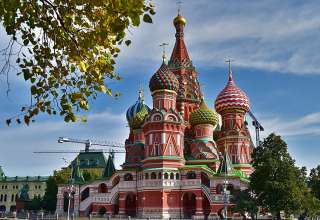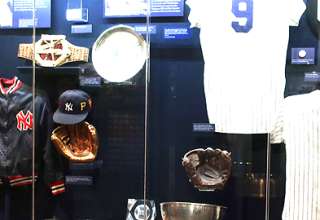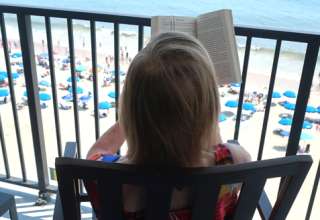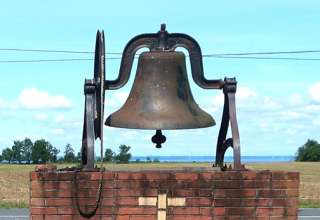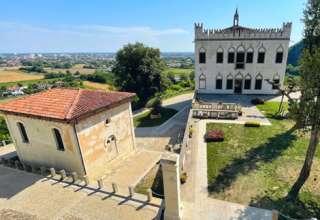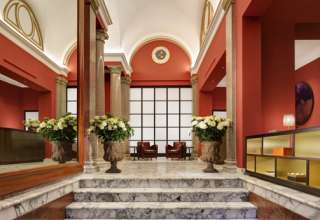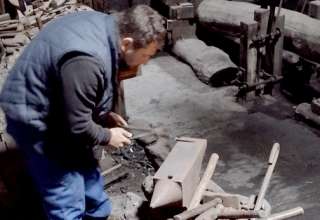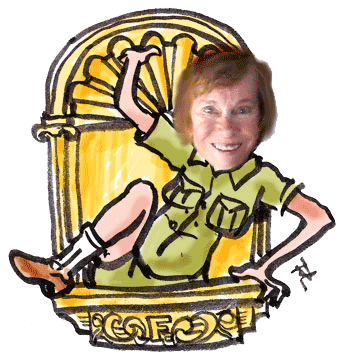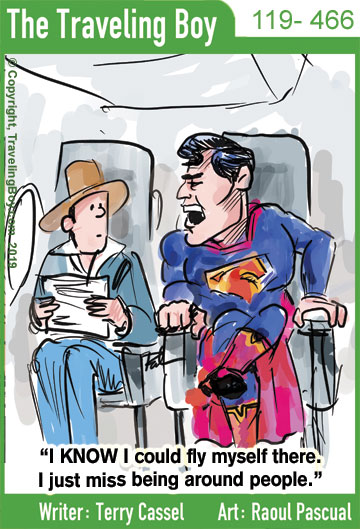When I read about our upcoming visit to the Embera tribe of indigenous peoples as part of our Caravan tour to Panama and the fact that the women were naked from the waist up, I promised myself I wouldn’t stare. I’m not sure whether I was disappointed or relieved to find them fully clothed – clearly dressing up for the tourists.
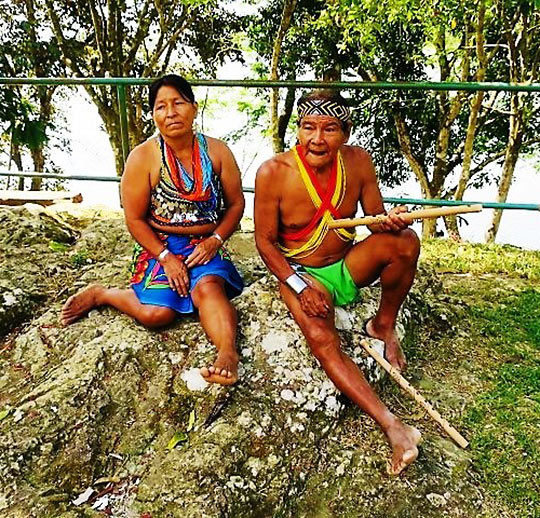
The small tribe of about 33 residents – the major reservation is about 10 hours away – is only accessible by boat. The founder of this village had helped train US astronauts in survival techniques in the 1960’s and stayed on with several of his relatives. The new mode of survival? Sharing their traditions and their handicrafts – lots of handicrafts – with tour groups. They have their own clothing, foods, culture, religion, dialect, thatched hut housing – but having assimilated more than their relatives on the Columbian coast, mainly their traditions are now a business. To help facilitate that business, Caravan donated bathroom facilities.
We were told in detail about all of those things including the impressive handiwork that goes into the creation of delicate wood carvings, jewelry and basket-weaving. A henna-type product is used for polishing hair, body paint, mosquito repellent, sun block, dye – and several tour members left with lovely flowers, butterflies and other designs etched onto their arms.
Of course, we were subjected to a number of traditional dances which always make me uncomfortable. I tried to pretend they actually love what they’re doing and don’t feel exploited in the least having to entertain all these gawking tourists. But then, when they insisted we join in the musical festivities, I felt exploited, so maybe turn-around is fair play.
I mention this outing first because even though the Canal is the indisputable highlight of the trip, the tour comprises so much more. Two separate oceans, indigenous tribes, a rain forest, colonial history and historic enclaves, beach resorts and ultra-modern architecture. So much diversity in such a small country. But more on that later.
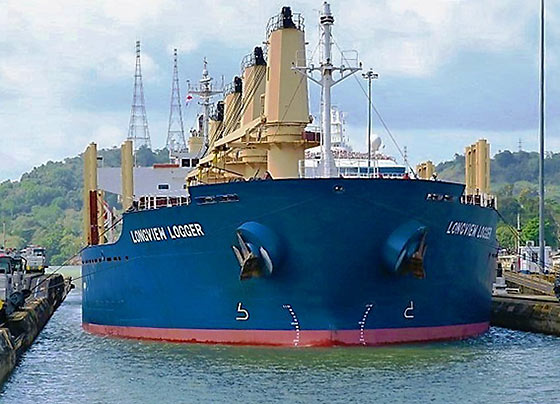
First, there’s the fascinating, incredible canal, rated the #1 modern engineering wonder of the world by the Society of Civil Engineers. Ah, the Canal – a technological marvel conceived and created 104 years ago that cannot be even remotely improved upon today. Okay, yes, some new locks were built to accommodate larger ships but the underlying principle remains the same.
Built upon a narrow stretch of land that early tribes used to traverse from South to North America and Spanish explorers later followed to transport gold to ships sailing to Spain. After a harrowing history of French failure and American success, the Panama Canal, covering 50 miles, finally opened in 1914, under the auspices of the U.S. Panama took over complete control in 1999. The new inter-oceanic waterway changed the world: continents were connected; cultures intermingled; the Pacific and Atlantic oceans became accessible; international transportation and globalization blossomed.
It now takes 8-10 hours for a ship to pass thru a series of locks that takes it from one ocean to the other. The alternative? An 8000-mile journey around the tip of South America that would add two to three weeks to the delivery of goods.
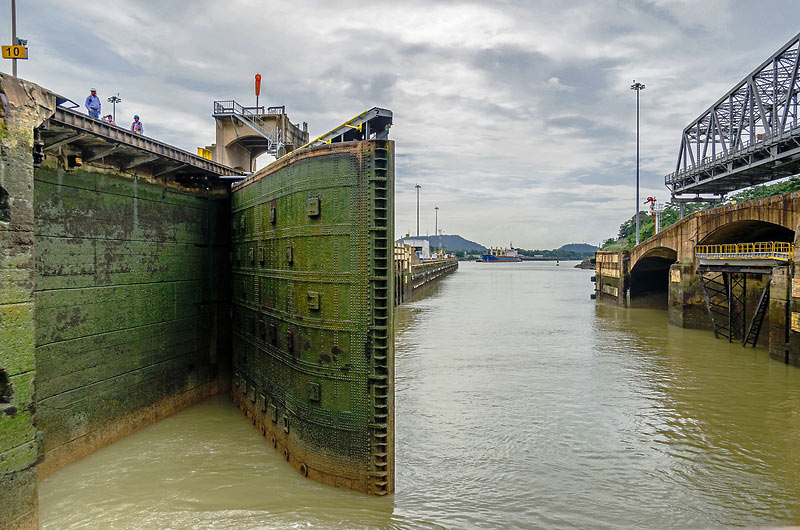
You need an engineering degree to understand the complexities of the Canal operations. Suffice it to say, there are locks that raise or lower the ships so they can connect from one ocean to the other. It’s mesmerizing to watch from afar and even more so from the deck of an actual ship going through the process.
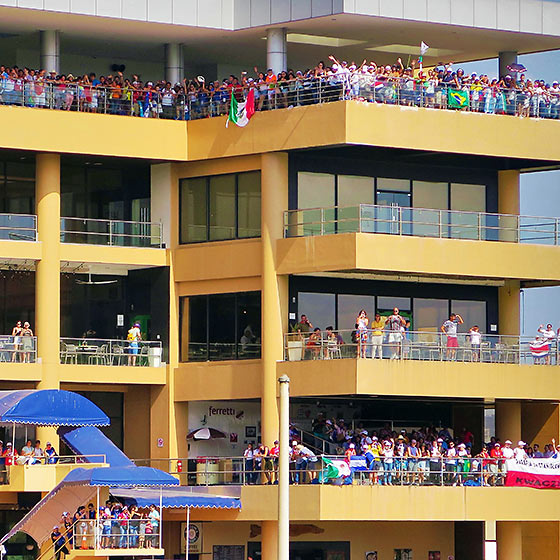
At one of the main locks, Miraflores contains an extensive, exceedingly well-done museum which explains in excruciating detail the whole history and intricacies of the Canal over four very full, very fascinating floors. Unfortunately, as is so often true for me, my eyes soon glazed over through no fault of the museum itself. You could otherwise spend a day and remain endlessly enthralled. Indeed, the whole story is one of head-shaking amazement. The more I learned about the incredible engineering feat, the more in awe I became. The 10-minute movie at the museum was all it took.
Watching the ships go through the locks is hypnotic, a triumph of technology that is hard to conceptualize. Caravan reserves its own special viewing area away from the tumultuous crowds gathered on a series of balconies.
And then we went thru the locks ourselves. We started on the Atlantic side at 87 feet above sea level. After going through three locks lowering us about 30 feet at each stop, we approached sea level and entered into the Pacific Ocean. A “stewardess” hired by Caravan attended to all our needs upon the large ship we shared with other patrons. There is no opportunity to cater to its clients that is overlooked by Caravan. The other passengers were clearly envious as we were plied with beverages and information.
The first time I saw the lock open ahead of me, I felt like a part of history – important history. Watching the water levels recede and feeling the boat as it sinks down is especially compelling as you realize this same procedure has occurred in the exact same way for 104 years. And we think the discovery of the Smartphone is impressive! I could try to better explain the process as I understand it – but then YOUR eyes would glaze over…
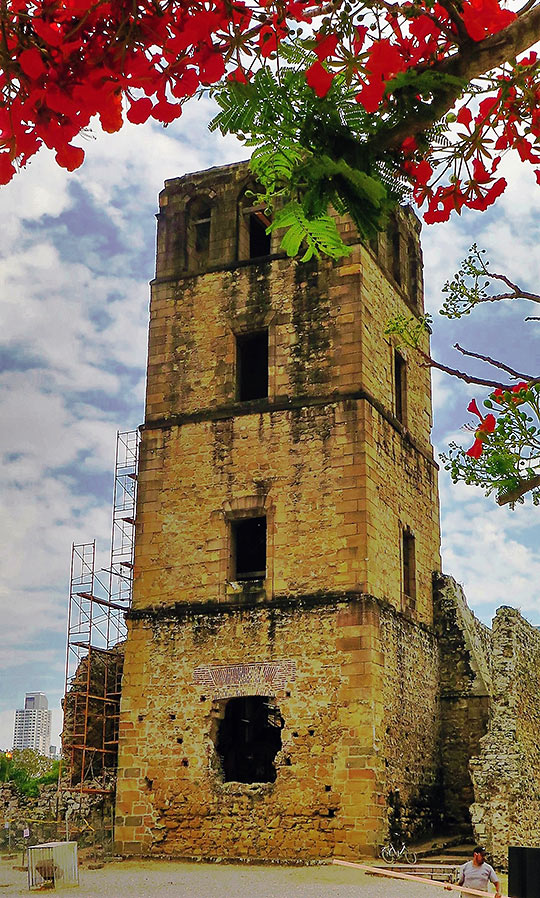
But as previously alluded to, there is more to Panama than just its canal. An archaeological site celebrating the remains of the first city built in Panama by the Spaniards in 1519. It’s an expansive area of old ruins from early churches and hospitals to houses and schools. Excellent signage re-creates the once thriving town that was destroyed by fire, disease and the pirate Henry Morgan in 1671.
A different exploration took place upon a small boat ride circling the Gatun Lake viewing the ships awaiting passage and the locks themselves from a different perspective than the heights of Miraflores offering new insights on the ever-present architectural marvel. Oh yes, there were also crocodiles, birds and monkeys to be seen.
Stay calm, the captain repeatedly told us, if a Capuchin monkey should jump on the boat. I can attest to the fact that not one person did. But no one would have traded the experience of watching these playful primates vying over the banana thrown on the deck. The cacophony of camera clicks formed a symphony of its own.
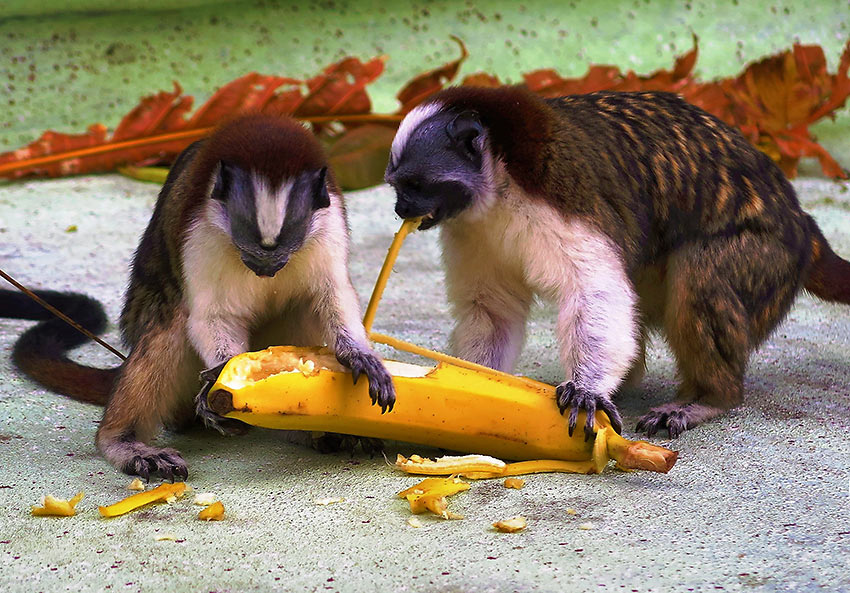
And then there’s Panama’s skyline – an unexpected visual wonder; Skyscrapers of so many shapes, sizes and colors that they are more reminiscent of sculptures than buildings. Architectural artistry revealed thru creativity, inventiveness, ingenuity and a variety of other adjectives – think dynamic and dramatic – not usually associated with business offices and condos. The strain in my neck from looking skyward block after block was mitigated by the series of impressive edifices.
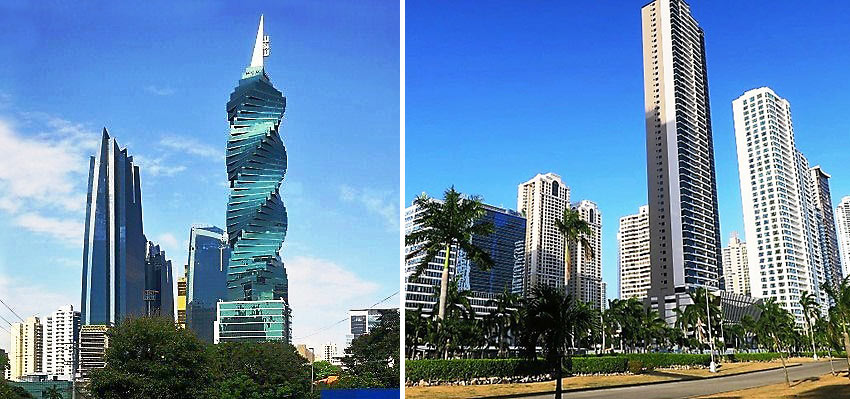
So yes, there is so much that Panama has to offer – as if it needed anything other than the Canal to entice. For more information, visit Caravan.
